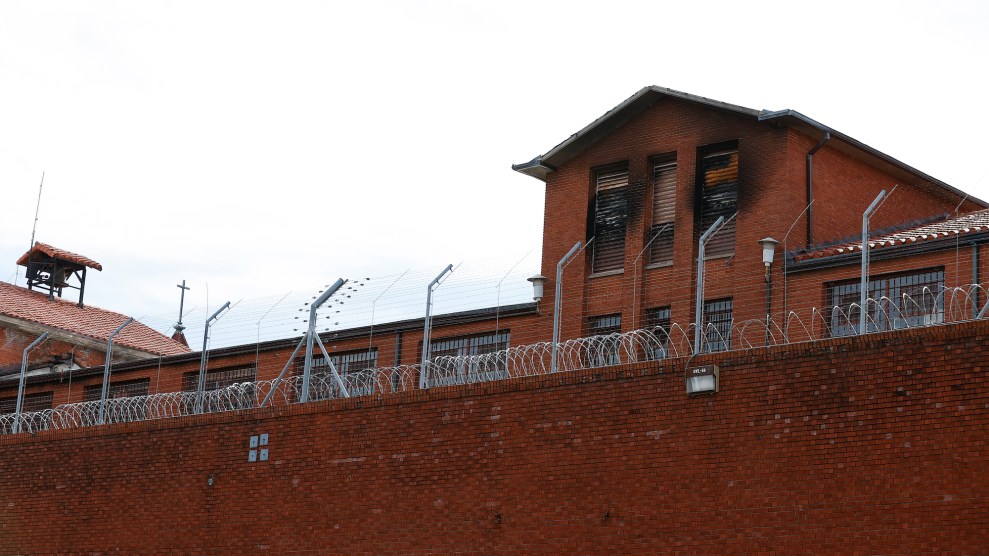The LA Times reports on California’s first ever application of its three-strikes law for white-collar crime:
Timothy Barnett spent nearly five years in state prison for a 1990s foreclosure rescue scam in which he conned homeowners out of tens of thousands of dollars. Now, prosecutors say, he has been at it again, targeting residents in the same South Los Angeles neighborhood he fleeced before.
But this time, the state is unleashing one of its more powerful weapons against him. The Los Angeles County district attorney’s office has charged Barnett under California’s much-debated three-strikes law. Usually aimed at offenders with a history of violent crime, it is rarely used for white-collar offenses such as fraud.
….As in his first case, prosecutors said, Barnett targeted older African Americans, mostly in South Los Angeles. They said he used his Christian faith — praying with victims and passing out business cards that described him as a “visionary” — to win their trust. Barnett told victims that he learned about their financial troubles from public records.
Apparently these cases are technically burglary, because Barnett allegedly did his smooth talking inside people’s homes. That’s why three-strikes applies.
For my money, though, the fact that only a technicality like that allows three-strikes to apply just shows how dumb the law is in the first place. Why shouldn’t a serial fraudster who preys on the elderly be locked up for life if he has a pattern of recidivism? I can’t really think of any reasons that don’t apply to garden variety burglary too. In fact, I’d say the case for applying it to fraud is actually better. Burglars and muggers usually wind down their crime careers as they get older. The case for keeping them in prison through their fifties and sixties is pretty shaky. But white collar fraudsters can keep going forever. So why shouldn’t the law apply to them too?
Overall, I’m not a big fan of California’s three-strikes law as it’s currently implemented. It’s expensive, sometimes arbitrary, and has a tenuous claim to reducing crime. Technically it allows the possibility of parole after 20 years, but that virtually never happens. Small-time thugs, even violent ones, don’t deserve life in prison. Letting them out in their mid-40s probably wouldn’t put the community in any noticeable danger.
But guys who sweet talk the elderly out of their homes? Well, if Barnett is found guilty, I wouldn’t feel too badly about putting him behind bars for life. Ditto for plenty of other white collar offenders. Just because they wear nice clothes doesn’t mean they aren’t every bit as dangerous as a junkie stealing Blu-ray players to finance his next hit.














